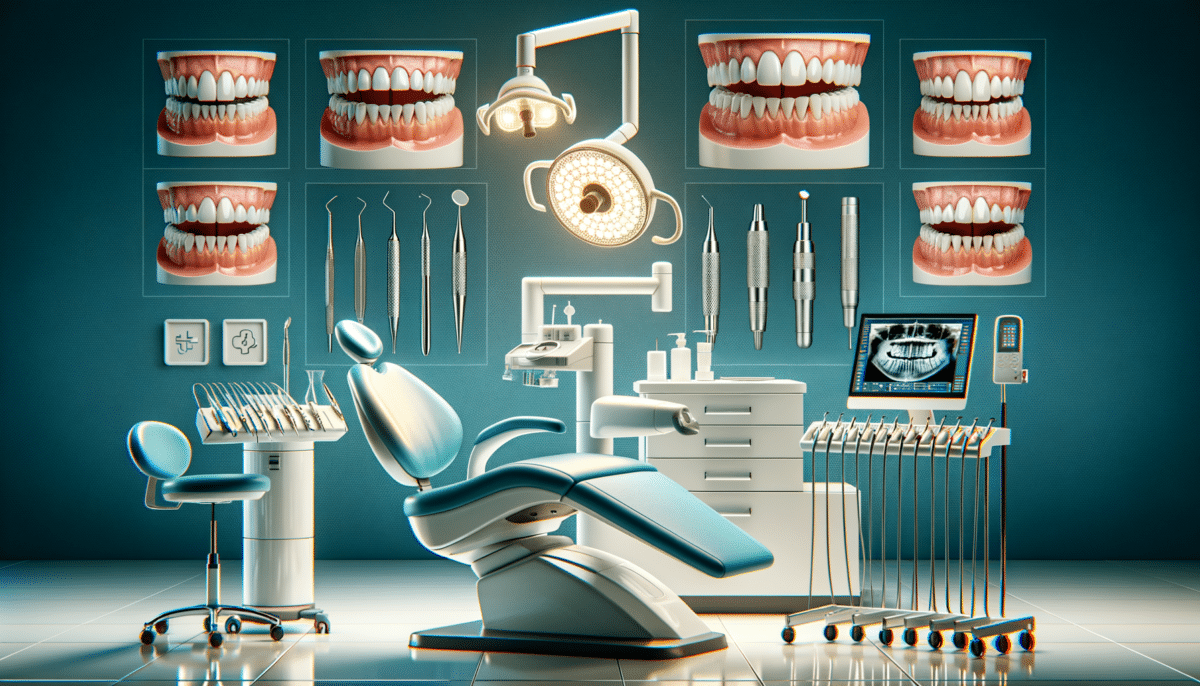The Role of Dentists in Oral Health
Dentists play a crucial role in maintaining oral health, offering a wide range of services that go beyond simple teeth cleaning. Their expertise includes diagnosing and treating oral diseases, performing surgical procedures, and educating patients on proper oral hygiene practices. Regular visits to the dentist can help prevent severe dental issues, such as cavities and gum disease, which are prevalent among people of all ages.
One of the key responsibilities of a dentist is to conduct thorough examinations of the teeth and gums. This involves using specialized tools to detect any signs of decay or disease that might not be visible to the naked eye. Early detection is vital, as it allows for timely intervention, preventing the progression of potential problems.
Moreover, dentists are trained to perform a variety of procedures, from routine cleanings to more complex surgeries like root canals and dental implants. They also play a significant role in cosmetic dentistry, helping patients achieve their desired smile through treatments like teeth whitening and veneers. By providing these services, dentists contribute significantly to both the health and confidence of their patients.
In addition to their clinical duties, dentists are educators. They guide patients on effective brushing and flossing techniques, the importance of a balanced diet for oral health, and the impact of lifestyle choices such as smoking on dental well-being. This educational aspect is crucial in empowering individuals to take charge of their oral health, reducing the likelihood of future dental issues.
Comprehensive Dental Care Practices
Comprehensive dental care encompasses a variety of practices aimed at maintaining optimal oral health. This includes regular dental check-ups, preventive measures, and treatments for existing conditions. A well-rounded dental care routine is essential for preventing common issues like cavities, gum disease, and enamel erosion.
Preventive care is a cornerstone of dental health, focusing on measures that stop problems before they start. This includes professional cleanings, fluoride treatments, and the application of sealants to protect teeth from decay. Regular check-ups allow dentists to monitor the health of your teeth and gums, catching any potential issues early on.
In addition to professional care, at-home practices are equally important. Brushing twice daily with fluoride toothpaste and flossing regularly are fundamental habits that significantly contribute to oral health. It’s also recommended to replace your toothbrush every three to four months or sooner if the bristles are frayed.
Diet plays a significant role in dental health as well. Consuming a balanced diet rich in fruits, vegetables, and dairy products can provide necessary nutrients that promote strong teeth and gums. Limiting sugary snacks and beverages is also crucial, as sugar is a leading cause of tooth decay.
Ultimately, comprehensive dental care is a collaborative effort between the dentist and the patient. By adhering to recommended practices and attending regular dental appointments, individuals can maintain a healthy smile and avoid more serious dental problems in the future.
Innovations in Dental Technology
The field of dentistry has seen remarkable advancements in technology, enhancing the quality and efficiency of dental care. These innovations have transformed how dentists diagnose, treat, and prevent oral health issues, offering patients more comfortable and effective options.
Digital X-rays are one such innovation, providing clearer images with less radiation exposure compared to traditional X-rays. This technology allows dentists to identify problems more accurately and develop precise treatment plans. Additionally, digital impressions have replaced the cumbersome process of using dental putty, offering a quicker and more comfortable experience for patients.
Another significant advancement is the use of laser dentistry, which offers a minimally invasive option for various procedures. Lasers can be used for cavity detection, gum reshaping, and even teeth whitening, reducing discomfort and recovery time for patients.
3D printing technology has also made its mark in dentistry, enabling the creation of custom dental appliances such as crowns, bridges, and aligners with greater precision and speed. This technology not only improves the fit and comfort of dental devices but also reduces the time patients spend waiting for their dental work to be completed.
Moreover, teledentistry has emerged as a convenient solution for those unable to visit a dental office in person. Through virtual consultations, dentists can provide advice, diagnose minor issues, and determine whether an in-office visit is necessary, making dental care more accessible to a broader audience.
These technological advancements continue to shape the future of dentistry, offering patients improved outcomes and a more pleasant experience in maintaining their oral health.
